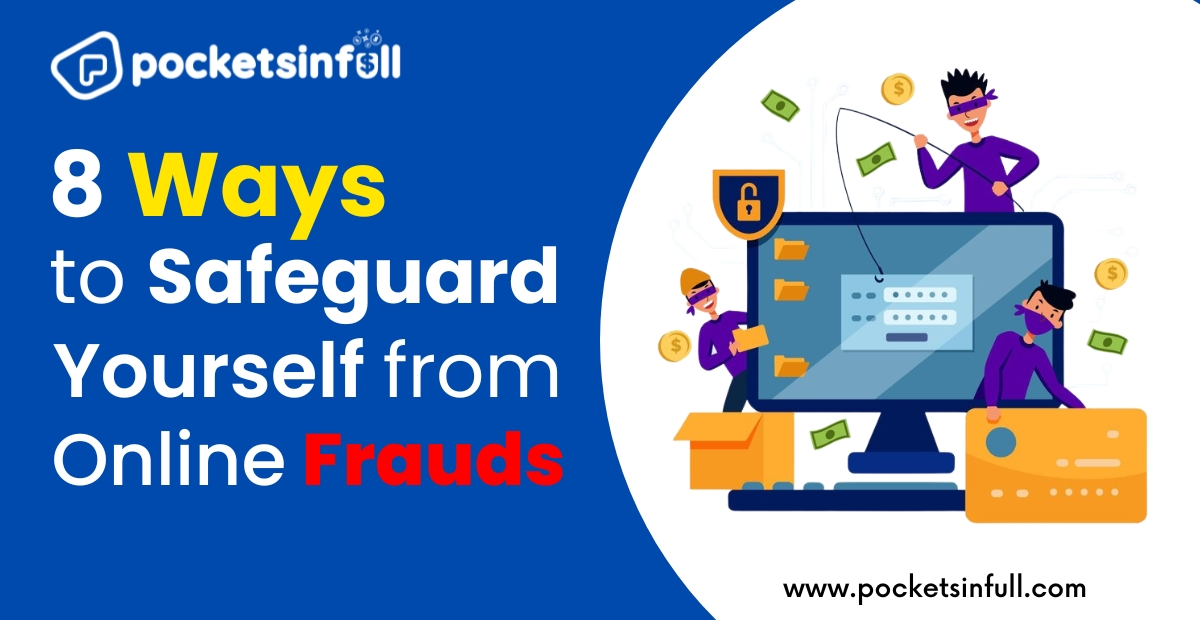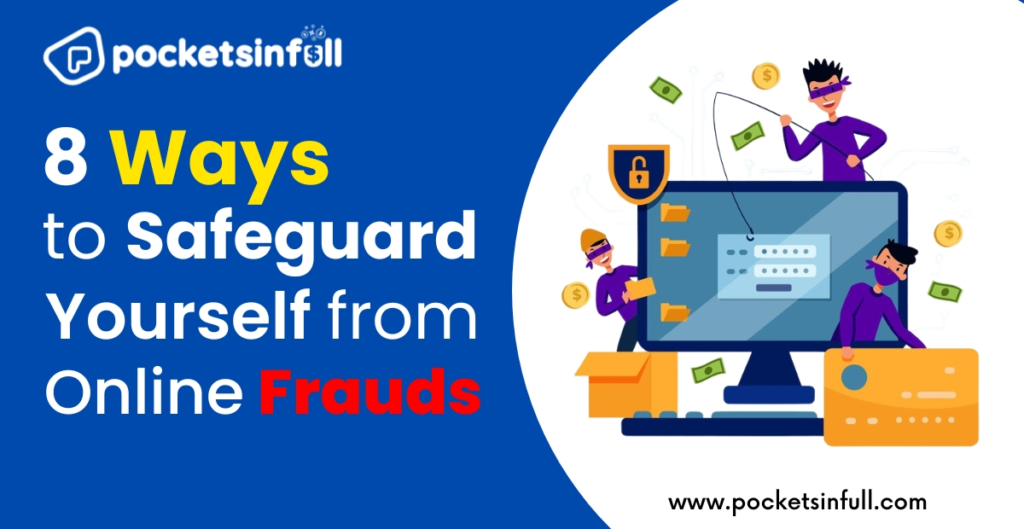

“Scams can happen to anyone – even when you study them.” No matter how much money you have in your wallet. Be it $5 or $500, criminals could steal them from you anytime. If we talk about the United States, the number of cybercrime cases, including online frauds, has risen significantly to over 800 thousand in 2022. People have to be vigilant and take necessary safeguards.
We value your hard-earned money and want to protect it from scammers. But do you know that taking essential safeguards might help you in this? Yes, it will. So, in this passage, we have covered some ways to safeguard yourself from such fraud in 2024.
Ways to Eliminate the Chances of Online Scams
- Use Secure Internet Connection
Signing up for a secured public wi-fi connection could help you to safeguard yourself from online frauds. It shares your activities, access to your smartphone, and other information with the network owner.
So, if you plan to make a payment from your phone or desktop, you must use a secure private network connection. This will keep your personal banking information confidential.
- Report Suspicious Activity
Reveal when you feel you are a victim of financial fraud and contact the suitable institution immediately. As soon as you inform them about the fraud, the chances of recovering your hard-earned money increase.
Don’t be afraid of reporting online scams, and be patient with the actions of cybercrime authorities. If you know how to report a scammer, you will be able to get your funds recovered.
Also Read – Ultimate Guide For How to Download YouTube Videos
- Think Before Sharing Information
The rise of digitalization made it possible for hackers or scammers to work actively in the market. You must ensure not to share confidential data like bank statements, information, or one-time passwords with any third-party website or application. Hackers actively try to obtain information to exploit businesses, which is also known as phishing.
- Use Credit Card Whenever Possible
Credit cards generally have a limited amount. You can not pay unlimited amounts via credit cards. This makes the payment mode secure, as one can not steal the whole of your worth.
Always try to use credit cards for payment whenever possible to protect yourself from online frauds. If scammers make a fraudulent payment from your credit card, the maximum amount for which you will be liable can be around $50. However, if they hold your debit card, they can take all your money and leave you with nothing.
- Upgrade Computer
Knowing how to report a scam is not enough. You must also keep your software, web browser, and operating system updated. This will eliminate all kinds of bugs or security issues. One update includes a few changes that could improve your device’s credibility.
- Beware Of Suspicious Calls
You might have received fraudulent calls. These scams try to convince people to share personal information, which they can later use in fraudulent activities.
Don’t let them utilize your personal bank information to withdraw money from the account. Use some third-party applications to search for suspicious calls.
- Fake Emails or SMS
If you receive an email or SMS asking for your personal details, ensure its authenticity or reliability first. Recently, many issues have been faced by people on SMS as they receive a link through text messages or emails, and when they click on the link, their personal details automatically get transferred to the scammers.
- Ensure Mobile Security
Whenever you are asked to choose a password, avoid it and create a strong password that includes upper- and lowercase letters.
We suggest you not use similar passwords and change them frequently to avoid security lapses during critical transactions.
FAQs
How can you report a scam in the United States?
Ans. You can report the online scam easily to the FBI at (202) 324-3000 or visit www.fbi.gov or tips.fbi.gov.
Who regulates cyber security in the US?
Ans. The US has the FTC (Federal Trade Commission) to enforce cybersecurity regulations and legislation at the federal level.


